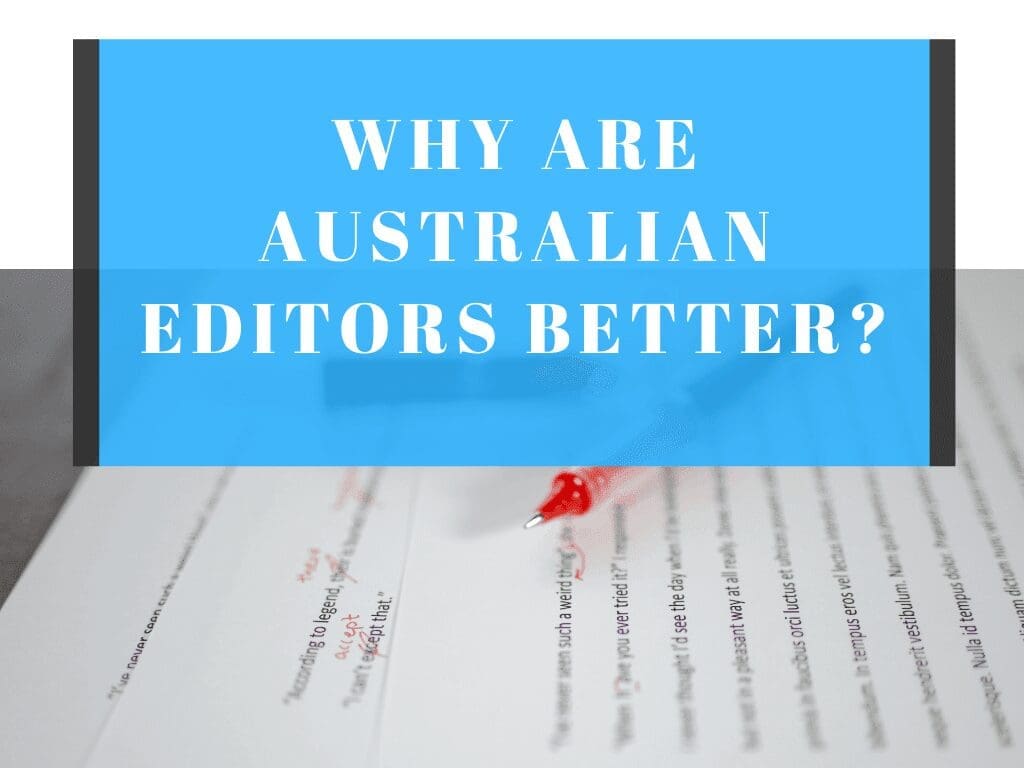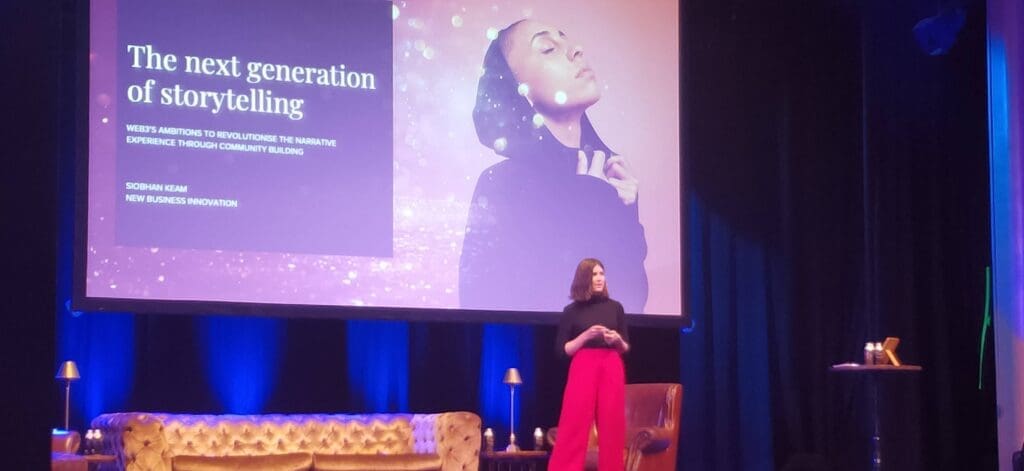Reason Why 1: Best Practices
Because editing involves reviewing and correcting material before publication, it is important to keep up an editor’s knowledge in many areas. Sometimes the author’s reputation rests on the skills and experience of the editor.
In Australia, book editors often belong to an editor society or the Institute of Professional Editors (IPEd Australia). They have sometimes done a Graduate Certificate in editing and professional publishing or, like myself, gotten the experience through document editing and writing completed over many decades. This is in addition to formal learning through courses.
While editors in other countries may have their own set of best practices and education, it is harder to verify these before you hire one. In addition, there is a difficulty in finding a book editor who can modify some of their rules for your country’s particular form of English (and idioms!).
Reason Why 2: Publishing Understanding
“Editors are part of a team that guides a work through its various
— ASEP Editing Practices, 2nd Ed, IPEd.
stages, from creation to publication. All editors need to have a broad understanding of the publishing process and their role within it, regardless of the extent of their involvement.”
When using an editor from overseas, they can rarely link you to a book designer, marketer, indexer, illustrator, and the printer or print on demand in your own country. That means any referrals from them are also going to be overseas. As well, they will work towards the specifications of (normally) Amazon Print, whereas my Australian editor peers and I mainly work towards the book specifications of IngramSpark — the closest print-on-demand partner. As I am a writer also, I have been happy with their service and prices myself, and I am hard to please. 😉
There are many other publishing types that we editors can work with, like reports, magazines, digital magazines, textbooks, technical papers, and websites. If you want someone to work on your book sales page, that should also be part of the competent editor’s repertoire. It helps to have some copywriting skills up our sleeve as well, like myself.
Reason Why 3: Working to Your Needs
Australian editors need to work hard to balance the time, cost, and quality choices to best meet the needs of the client. Even though a client spent $6,000 on structural editing and copy editing, the book involved still had many details that needed work. These ranged from little things, e.g. correct punctuation, to big things, like not drawing out a cliched statement or not explaining a complex matter.
Balancing time, cost and quality means asking the right questions at the start of the project—and this involves a call or video call. If you are putting a job onto a platform or buying a package which includes editing, how can you have that important conversation?
Sometimes, a novice author wants ‘copy editing’ or ‘proofreading’ and they send me a manuscript that seems to need developmental editing work. What would an outsourced provider do? Probably take the money and do the copy editing, leaving the big gaping holes.
An honest editor in Australia, though, will work with the author’s needs and constraints in mind, whilst trying to educate the author that working on the skeleton (structure and theme) first is more important than worrying about the cosmetics. Crazy, right?
It’s also important to have that understanding of what each party does: typesetting, indexing, prepress, printing, websites, and marketing, so that we can give a holistic project management service.
So, if you wish to hire an editor who wants the best for your book, then hire an experienced Australian editor. If you only wish to get the grammar fixed at a nominal cost, then go to Upwork or Bibliocrunch.








